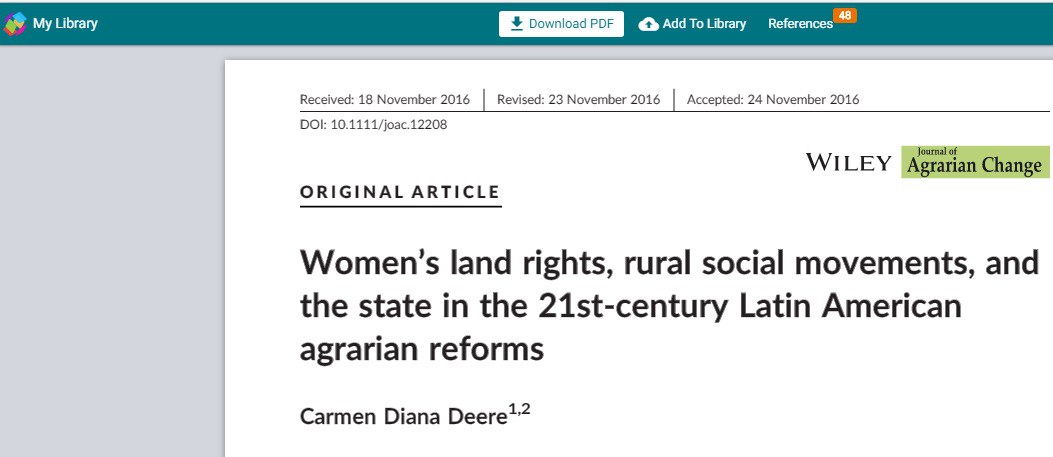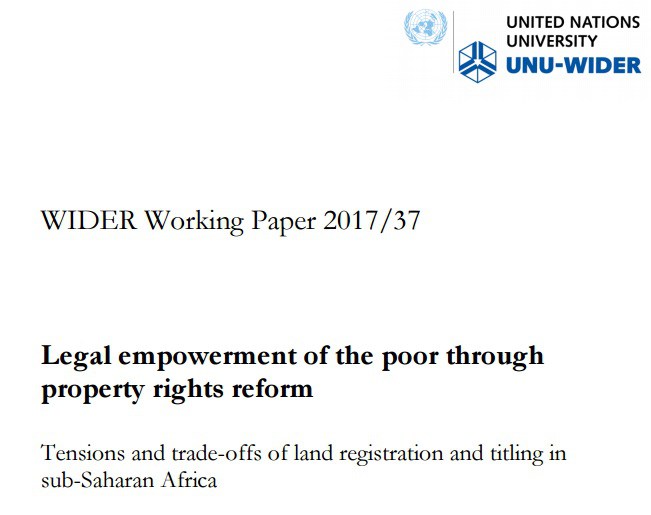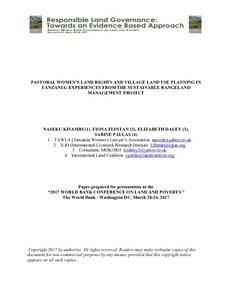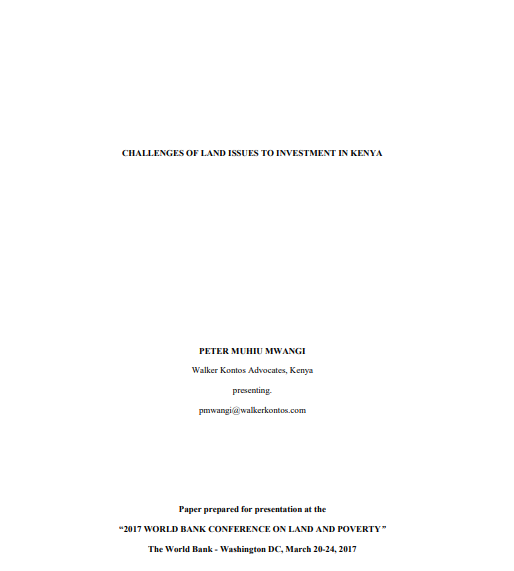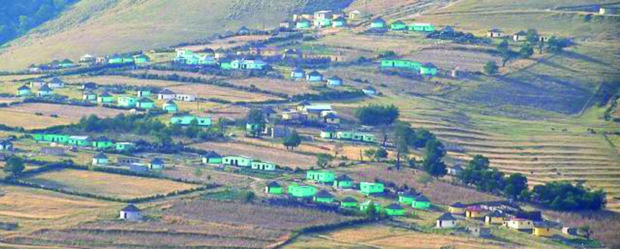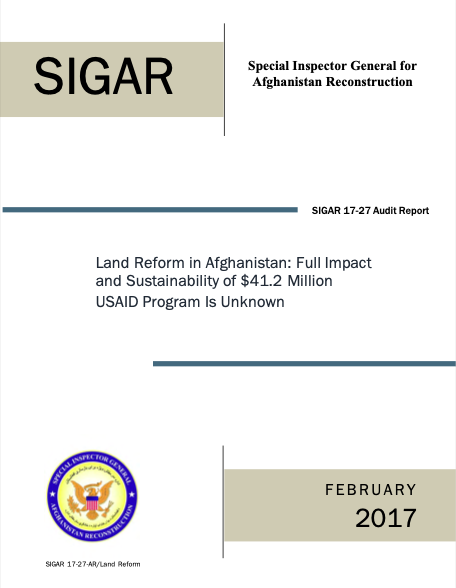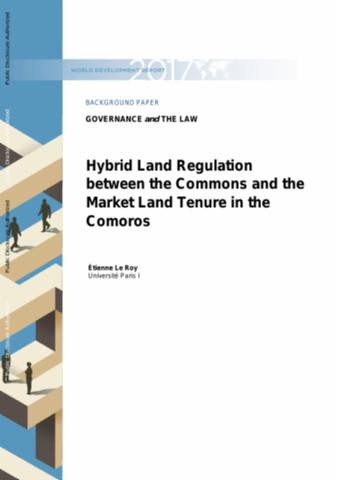Women’s land rights, rural social movements, and the state in the 21st-century Latin American agrarian reforms
This paper addresses the disjuncture between women’s formal land rights and their attaining these in practice, examining the four agrarian reforms carried out by progressive governments after 2000 in Bolivia, Brazil, Ecuador, and Venezuela. It finds that while all four strengthened women’s formal land rights, only the reforms in Bolivia and Brazil resulted in a significant share and number of female beneficiaries.

